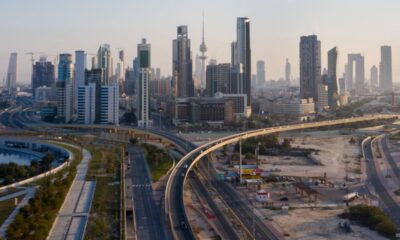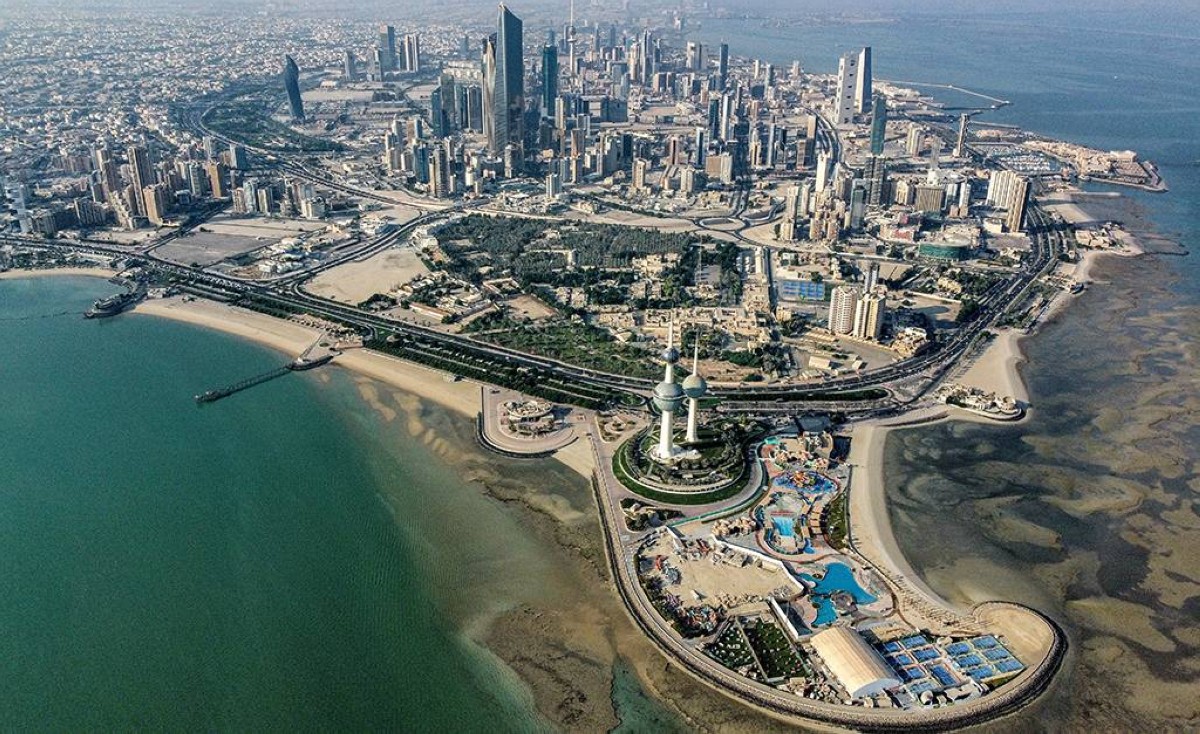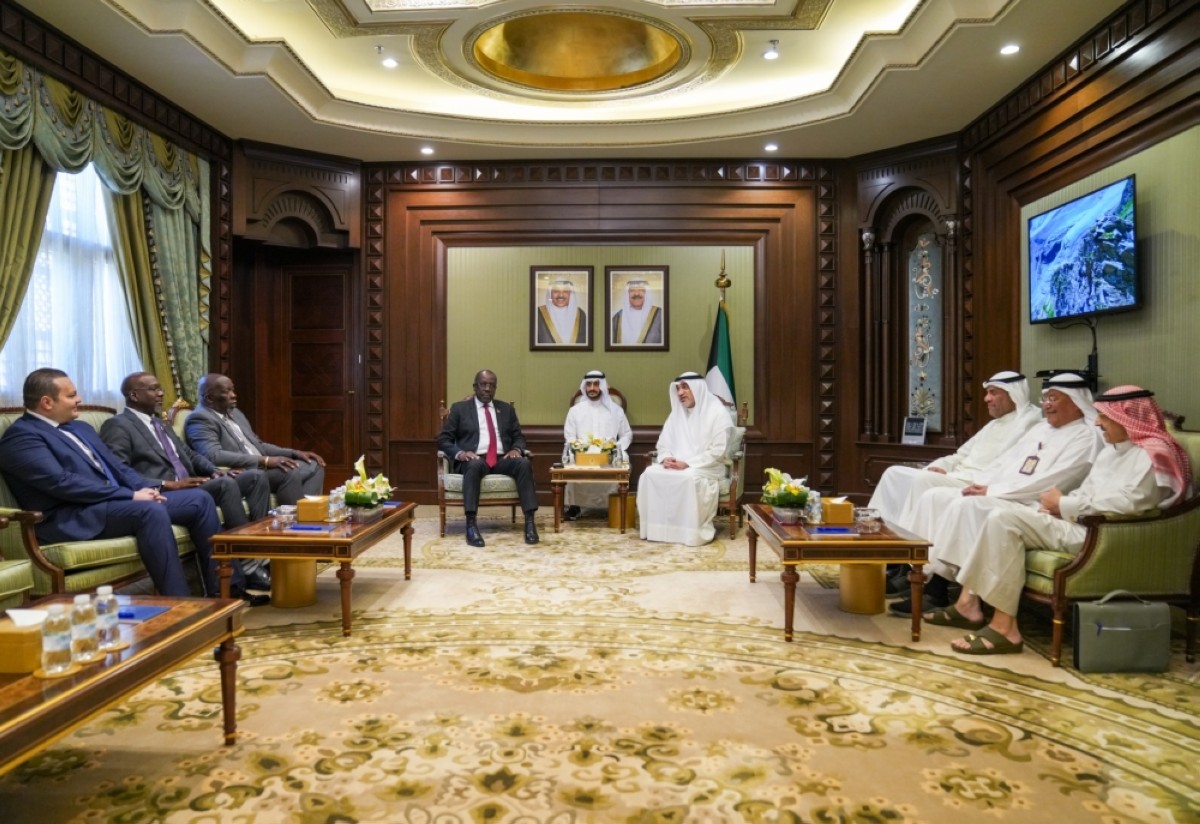By Faten Omar & B Izzak
KUWAIT: The interior ministry said on Tuesday that main traffic offenses monitored by cameras dropped by a massive 72 percent in the first week of applying the new traffic law on April 22. The ministry said cameras captured just 6,342 violations between April 22-28, compared to 22,651 violations in the week between April 15-21.
Offenses of failing to use seatbelts dropped by 71 percent from 18,208 to 5,176 in the same period, while using mobile phones while driving dived 86 percent to just 422 violations from 2,962. Offenses of not abiding by road lanes dropped from 1,081 to 700, a slide of 35 percent, while driving against the traffic decreased to just 44 from 400, an 89 percent decline. The ministry thanked motorists for abiding by the new traffic law.
A week into the new traffic law, drivers across the country are already feeling its impact — from noticeable improvements in road discipline to concerns over steep penalties and unresolved traffic issues. Kuwait Times spoke with motorists to gauge a range of reactions to the changes reshaping the nation’s roads.
Duaa Sami said that after several days of the new traffic law being enforced, she noticed a level of discipline on the roads she hadn’t seen before — from adherence to speed limits and seatbelt use to a clear reduction in reckless drivers, particularly those driving pickups, who were previously a common source of complaints. Ali Al-Radaan remarked that while the new law mainly addresses speeding and mobile phone usage, it fails to tackle traffic congestion and the overwhelming number of vehicles on the roads. He questioned whether every driver truly deserves to hold a license, suggesting that those with a high record of accidents should be required to retake their driving tests.
He added that in the US and Europe, passing a driving test is extremely difficult due to the rigorous focus on vehicle control, adherence to laws and ensuring the safety of others, expressing hope that Kuwait would adopt similarly strict standards alongside ongoing awareness campaigns.
Fahad Al-Fadhli praised the ministry of interior’s efforts in curbing violations but pointed out that improvements are needed on the Sixth Ring Road, particularly near Sabah Al-Nasser, where faded ground markings cause vehicles to weave dangerously, leading to accidents. He also called for expanding the use of traffic cameras into residential areas to deter reckless driving, highlighting concerns about taxis and delivery bikes speeding on highways, as well as abandoned buses and trucks in residential neighborhoods. He emphasized that fixing damaged roads is critical, as they pose major safety risks.
Meanwhile, Abdullah Hamdan observed that with the new law, the presence of traffic police on the streets has significantly decreased — by about 90 percent, in his view — and questioned why traffic officers are not more actively stopping and ticketing drivers who commit blatant violations such as reckless overtaking, turning without signaling and sudden stops by taxi drivers.
Majed Ziyad pointed out that people need more awareness about the purpose of strict traffic penalties, which is to ensure safer roads free from sudden stops and collisions. He noted that the decrease in accidents and violations is unsurprising, given that fines have increased tenfold, combined with a three-month public awareness campaign — both of which he credits as key reasons for the improvement.
However, some drivers believe that certain violations are excessive. Ahmad Azzam argued that if he is sitting at a red light with his car at a complete stop and briefly checks his phone, it should not be considered a violation. He pointed out the contradiction in penalizing drivers for phone use while allowing large, distracting digital billboards along the highways. He also added: “Given Kuwait’s harsh desert climate, drinking water while driving should not be considered a violation.”
Azzam criticized the high fines and suggested that Kuwait adopt Saudi Arabia’s approach of periodically offering discounted traffic fine payments. Furthermore, he highlighted the issue of faded lane markings on some roads, which makes it difficult for drivers to stay in their lanes. He stressed that public vehicles must also comply with the new traffic law, noting that buses and taxis often stop anywhere they please, disrupting traffic and nearly causing accidents.
Passant Hisham shared a different perspective, stating that since the new traffic laws were enforced, driving has become a source of constant anxiety for her. “Since the new traffic laws were enforced, driving has become a source of constant anxiety — so overwhelming that I sometimes end up putting myself at greater risk just to avoid breaking the rules,” she said.
“Every time I approach a green light, I find myself hesitating, slowing down in fear that it might turn yellow. And when it does turn yellow, I panic, either stopping too quickly or rushing through it, not knowing what to do. In those moments, I feel stuck between two terrifying outcomes: either get arrested or get hit by the car behind me,” she added.


 Latest News24 hours ago
Latest News24 hours ago
 Business16 hours ago
Business16 hours ago
 Latest News23 hours ago
Latest News23 hours ago
 Politics18 hours ago
Politics18 hours ago
 Latest News17 hours ago
Latest News17 hours ago
 Politics7 hours ago
Politics7 hours ago
 Politics6 hours ago
Politics6 hours ago
 Politics17 hours ago
Politics17 hours ago





















